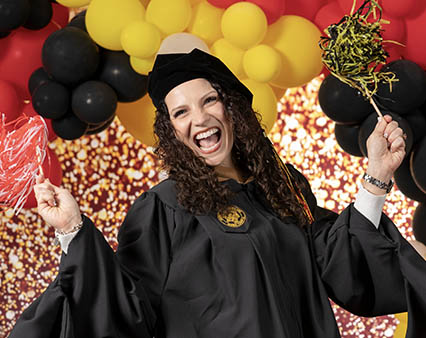Unlock Your Career Potential
This program is designed to prepare you to excel in diverse professional environments in both the public and private sectors, including pharmaceutical companies, biotech startups, agricultural firms, environmental agencies, research institutions, healthcare organizations, regulatory bodies, and more. Graduates might pursue careers as biotechnologists, bioinformaticians, research scientists, laboratory technicians, clinical research managers, quality assurance analysts, environmental biotechnologists, or biotech product analysts.


